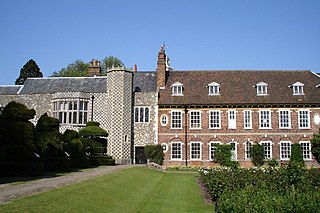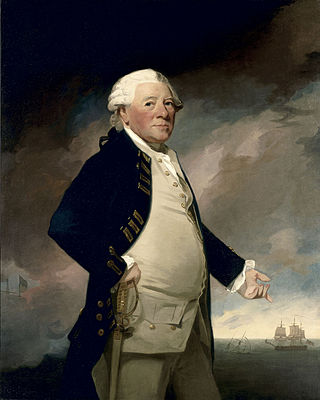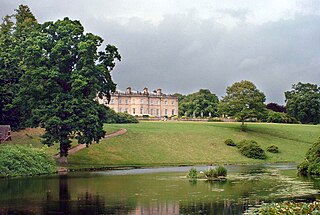
There have been six baronetcies created for persons with the surname Smyth, two in the Baronetage of England, one in the Baronetage of Great Britain, one in the Baronetage of Ireland and two in the Baronetage of the United Kingdom. One creation is extant as of 2010.

There have been seven Baronetcies created for persons with the surname Lewis, two in the Baronetage of England and five in the Baronetage of the United Kingdom. Only one creation is extant as of 2010.

There have been two Baronetcies created for persons with the surname Austen, one in the Baronetage of England and one in the Baronetage of Great Britain. Both creations are extinct.

There have been three baronetcies created for members of the Ingilby/Ingleby family, one in the Baronetage of England, one in the Baronetage of Great Britain and one in the Baronetage of the United Kingdom. The latter title is extant while the other two creations are extinct.

There have been seven baronetcies created for persons with the surname Parker, three in the Baronetage of England, two in the Baronetage of Great Britain and two in the Baronetage of the United Kingdom. Two of the creations are extant as of 2008. Though none of the different families of baronets were related, several supplied a number of flag officers to the Royal Navy.
There have been two baronetcies created for persons with the surname Warner, one in the Baronetage of England and one in the Baronetage of the United Kingdom. One creation is extant as of 2010.

There have been twenty one baronetcies created for persons with the surname Williams, eight in the Baronetage of England, three in the Baronetage of Great Britain and ten in the Baronetage of the United Kingdom. Only six of the creations are extant as of 2017.

There have been four baronetcies created for persons with the surname Miller, two in the Baronetage of England, one in the Baronetage of Great Britain and one in the Baronetage of the United Kingdom. Two of the creations are extant as of 2008.
There have been two Webster baronetcies.
There have been nine baronetcies created for persons with the surname Moore, two in the Baronetage of England, one in the Baronetage of Ireland, two in the Baronetage of Great Britain and four in the Baronetage of the United Kingdom. As of 2014 two creations are extant and one is considered dormant.
There have been six baronetcies created for persons with the surname Thomas, three in the Baronetage of England, one in the Baronetage of Great Britain and two in the Baronetage of the United Kingdom. Two of the creations are extant as of 2016.
There have been seven baronetcies created for persons with the surname Powell, five in the Baronetage of England and two in the Baronetage of the United Kingdom. Only one creation is extant as of 2007.
There have been three baronetcies created in the Baronetage of England for members of the Skipwith family of Skipwith, Yorkshire, which relocated to Lincolnshire in the 14th century. They were a successful court family, with one member, Margaret Skipwith, seen as a possible queen of England after the death of Henry VIII's third wife, Jane Seymour. One creation of the baronetcy is extant as of 2008.
There have been three baronetcies created with the surname Shirley, two in the Baronetage of England and one in the Baronetage of Great Britain. Only the first creation remains extant as of 2016.

There have been two baronetcies created for persons with the surname Yelverton, both in the Baronetage of England.
Sir Thomas Penyston, 1st Baronet was a 17th-century member of the gentry who received one of the first baronetcies. In 1637 he was sheriff of Oxfordshire and in 1640, he was a member of parliament for Westbury.
There have been two baronetcies created in the Baronetage of England for members of the Colepeper family of Kent and Sussex. Both are extinct.

The Pindar Baronetcy, of Idinshaw in the County of Chester, was a title in the Baronetage of England. It was created on 22 December 1662 for Peter Pindar. The title became extinct on the death of the third Baronet in circa 1705.
There have been two baronetcies created for persons with the surname Pickering, one in the Baronetage of Nova Scotia and one in the Baronetage of England. Both creations are extinct.

There have been five baronetcies created for persons with the surname Tyrrell, all in the Baronetage of England. All five creations are extinct, as is the Tyrell baronetcy. The six creations all claim a descent from Walter Tirell, the reputed accidental killer of King William II.










